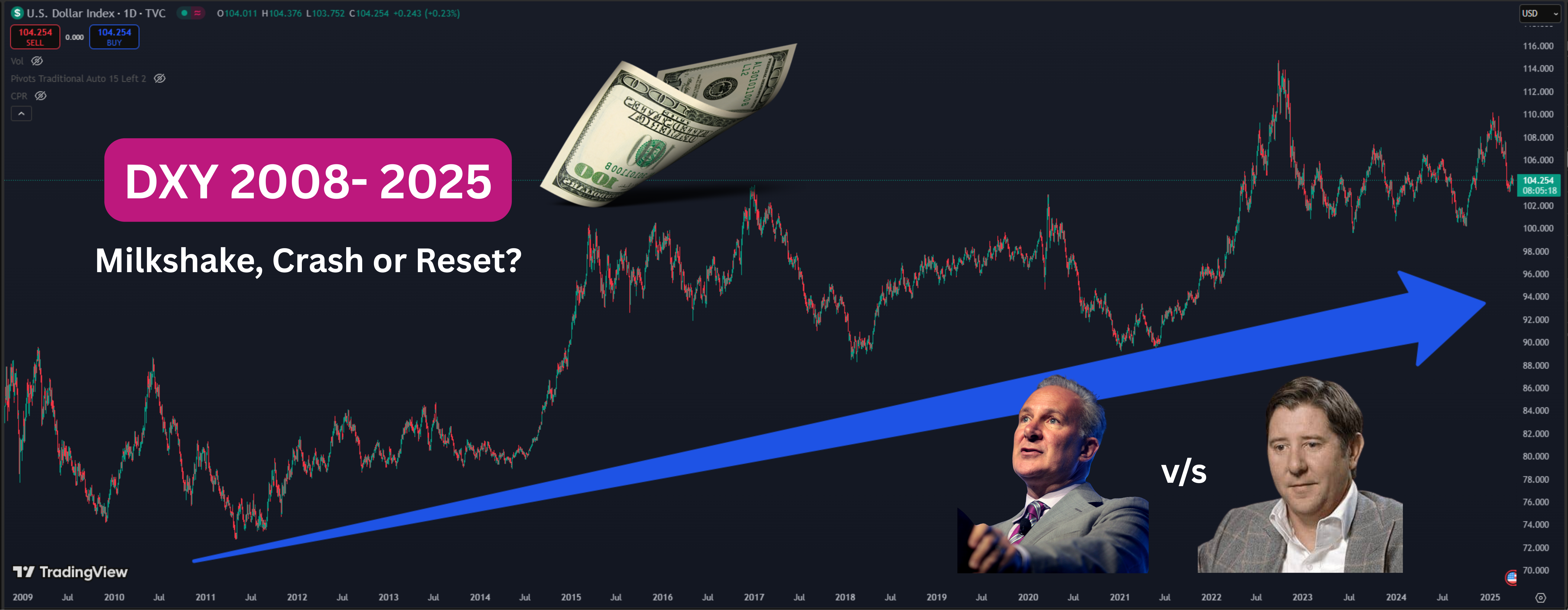If you’re new to Forex trading, or even if you’ve been around the block a few times, there’s one uncomfortable truth you need to face: it’s not the market that’s killing your profits—it’s YOU. That’s right. It’s easy to blame the volatile market swings or unpredictable currency pairs, but the biggest obstacle to your success might be staring back at you in the mirror.
In this article, we’ll explore the key reasons why Forex traders—especially beginners—tend to sabotage their own progress. If you’re guilty of chasing losses, ignoring your trading plan, or over-trading out of sheer impulse, keep reading to learn how to stop these destructive habits and start building a winning Forex trading strategy.
Chasing Losses: The Silent Profit Killer
Every Forex trader has faced a losing trade. It’s part of the game. But here’s the problem: instead of accepting the loss and moving on, many traders fall into the trap of chasing losses. This is when you make impulsive trades to try and recover what you’ve just lost, often without proper analysis or strategy.
Chasing losses is a fast track to blowing up your account. If you don’t control this urge, your losses will spiral, leaving your trading account empty faster than you can say “pip.” The key is to take a step back, analyze why the trade went wrong, and learn from it. The best Forex trading strategies come from understanding your losses, not chasing them.
Ignoring Your Trading Plan
Why bother creating a trading plan if you’re just going to ignore it? Many beginner Forex traders make the mistake of building a well-thought-out plan only to abandon it the moment the market moves against them. A trading plan is your blueprint for success, outlining when to enter and exit trades, how much risk to take, and what conditions to look for.
But if you ignore it, you’re essentially flying blind in one of the most competitive markets in the world. Stick to your plan! Consistency is key in Forex trading, and without it, even the most promising strategy can fall apart. Successful traders follow their plan no matter what the market does.
Over-trading on Impulse
Over-trading is another common pitfall for Forex traders, especially beginners. It’s tempting to jump into multiple trades because you think more trades equal more profit. But in reality, over-trading often leads to rash decisions and poor risk management.
Over-trading is a direct result of emotional trading. When you let greed or fear guide your trades instead of your analysis, you end up placing too many trades with little thought behind them. The solution? Discipline. Only take trades that meet the criteria of your trading plan. Quality over quantity is the golden rule of successful Forex trading strategies.
Self-Sabotage in Forex Trading: The Eject Button Before Takeoff
Self-sabotage in trading is like hitting the eject button just before takeoff. You’ve got a solid Forex trading strategy, you’re learning the market, and you’re almost there—then boom, one emotional decision and it all comes crashing down. Whether it’s over-trading, chasing losses, or ignoring your plan, self-sabotage can ruin even the most promising trading career.
Recognizing this destructive behavior is the first step in overcoming it. The second step is doing something about it. Take a moment to assess your trading habits. Are you letting your emotions dictate your trades? Are you deviating from your plan because you feel like the market “owes” you a win?
STOP. RIGHT. NOW.
It’s time to break the cycle of self-sabotage and take back control. Forex trading doesn’t have to be a never-ending roller-coaster of wins and losses. Here’s what you can do to change your results:
Reassess Your Trading Plan – Is it realistic? Is it tailored to your trading style? Make sure your plan is solid and designed to fit your risk tolerance and market goals.
Stick to Your Rules – No matter how tempting it is to make an emotional trade, resist. Consistency is what sets successful traders apart.
Manage Your Risk – Always know how much you’re willing to lose before you enter a trade. Never risk more than you can afford to lose.
Take Breaks – If you’re feeling emotionally charged, step away from the screen. Emotional trading leads to poor decisions, which lead to losses.
The Market Isn’t Your Enemy—You Are (Until You Stop Sabotaging Yourself)
The truth is, the Forex market isn’t out to get you. In fact, it’s neutral. The only thing standing between you and consistent profits is your own behavior. It’s time to stop self-sabotage in its tracks. If you’re serious about becoming a successful trader, the first step is to recognize that the problem lies within—and that’s actually good news because it means you can fix it.
When you decide to stop getting in your own way, Forex trading strategies that work can finally take root. You’ll follow your trading plan, manage your risk, and trade with discipline—all key ingredients for success in the Forex market.
Ready to Stop the Cycle and Actually WIN in the Markets?
Winning in Forex trading is possible, but only if you’re willing to take control of your habits. Stop chasing losses, stick to your plan, and avoid the temptation to over-trade. Take action today and become the trader you’ve always wanted to be. The market is waiting for you to show up and execute your strategy with discipline and focus.
By making these changes, you’ll be well on your way to building a sustainable and profitable Forex trading career. Remember, the market isn’t your enemy—you are, until you decide to get out of your own way.
FAQs
Q: What is self-sabotage in Forex trading?
A: Self-sabotage in Forex trading refers to behaviors like over-trading, chasing losses, or ignoring a trading plan—actions that harm your success despite having the knowledge or tools to succeed.
Q: How can I stop over-trading in Forex?
A: To stop over-trading, stick to your trading plan and ensure you’re only entering trades that meet your specific criteria. Avoid emotional trading by taking breaks and setting clear rules for when and how often to trade.
Q: Why do traders chase losses?
A: Traders chase losses because of emotional reactions like frustration or fear of missing out. Instead of accepting a loss, they try to recover quickly, which usually leads to bigger losses.
Q: How do I build a Forex trading strategy that works?
A: A successful Forex trading strategy should include clear entry and exit rules, risk management guidelines, and a focus on consistency. back-test your strategy and adapt it based on market conditions, but never trade impulsively.
Tired of letting your emotions trade for you? Join our Discord community where smart traders keep each other in check—and profits on track.



